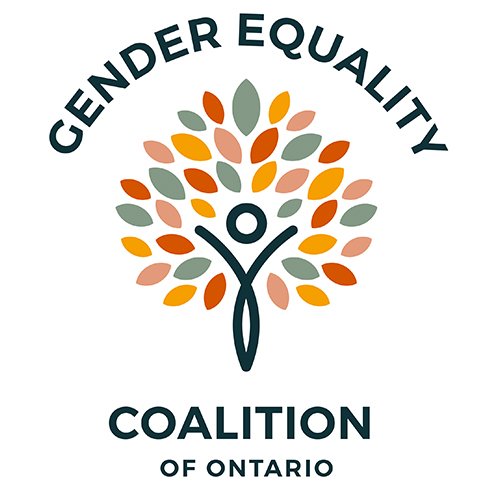What can YOU do?
Attend Indigenous Ceremonies and Events:
Check local event listings for ceremonies, powwows, cultural festivals, or gatherings hosted by Indigenous communities. These events often feature traditional dances, music, storytelling, and art displays.
Participate in a Blanket Exercise:
The Blanket Exercise is an interactive learning experience that helps participants understand the impact of colonization on Indigenous peoples. Many organizations and communities host these exercises on Truth and Reconciliation Day.
Educate Yourself:
Spend time learning about the history, culture, and traditions of Indigenous peoples in Ontario. Read books, watch documentaries, or attend lectures and workshops related to Indigenous history and issues.
Visit Indigenous Heritage Sites:
Explore Indigenous heritage sites, museums, or cultural centers in Ontario, such as the Woodland Cultural Centre in Brantford, the Indigenous Art Centre in Ottawa, or the Museum of Ontario Archaeology in London.
Support Indigenous Businesses:
Shop at Indigenous-owned stores and buy Indigenous-made products to support local economies and artisans. Many Indigenous businesses offer online shopping options.
Volunteer or Donate:
Reach out to local Indigenous organizations or community centers to inquire about volunteer opportunities or make a donation to support their programs and initiatives.
Read the Truth and Reconciliation Commission's Report:
Take time to read the Truth and Reconciliation Commission's report and recommendations. Reflect on the findings and consider how you can contribute to reconciliation efforts.
Attend Public Forums and Discussions:
Look for public forums, panel discussions, or workshops in your area that focus on reconciliation, Indigenous rights, and issues affecting Indigenous communities. Engage in meaningful dialogue and ask questions.
Art and Film Screenings:
Attend film screenings or art exhibitions that highlight Indigenous stories, art, and perspectives. These events can provide insight into the experiences and resilience of Indigenous peoples.
Land Acknowledgments:
Learn about traditional land acknowledgments and practice them in your personal and professional life. Acknowledging the traditional territories of Indigenous peoples is a way to show respect and recognition.
Reflect and Share:
Take time to reflect on your own understanding of Indigenous issues and reconciliation. Share what you learn with friends and family to promote awareness and understanding.
Advocate for Change:
Advocate for Indigenous rights, representation, and justice within your community and through political channels. Support policies and initiatives that advance reconciliation efforts.
Participate in Healing Circles:
Some communities organize healing circles or restorative justice circles where people can come together to share their experiences, listen, and heal collectively.
Promote Indigenous Art and Culture:
Encourage schools, libraries, and cultural institutions to include Indigenous perspectives, literature, and artwork in their programs and collections.
Take the Orange Shirt Day Pledge:
Orange Shirt Day is closely related to Truth and Reconciliation Day and focuses on raising awareness about the legacy of Indian Residential Schools. Take the pledge to support this cause and wear an orange shirt.
Remember that National Truth and Reconciliation Day is a time for reflection, learning, and taking meaningful action to support reconciliation efforts in Ontario and across Canada. It's essential to approach the day with respect and a genuine commitment to understanding and addressing the historical and ongoing challenges faced by Indigenous communities.
